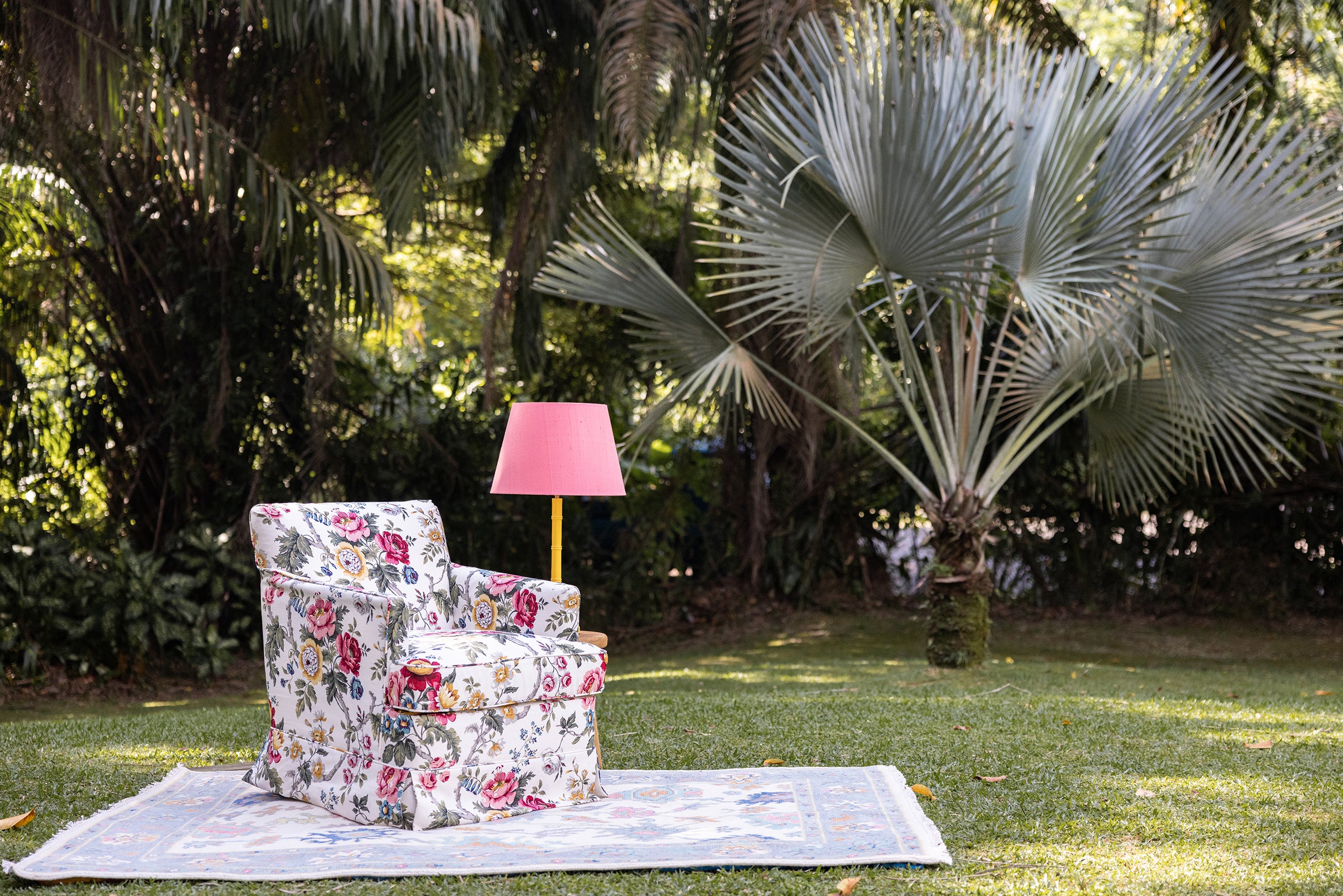
Things that Matter
At Mrs Bennet we are conscious of our impact on the environment and of our own economic privilege. With this in mind, and so far as we are able, our products have been sustainably and ethically sourced. Although we don’t claim to be perfect, as a brand Mrs Bennet does its best to tread lightly and thoughtfully through the world.
So how do we do this?
Environmental sustainability
- All our products are handmade* in small batches with an eye on cutting out waste.
- We design well and build carefully to ensure our products are made to last.
- Our Indian hand block products are made using 100% natural (not chemical) vegetable dye and printed on GOTS certified organic cotton.
- Our Shantung silk is GOTS certified.
- Our British print and weave products are all frequently made from end-of-roll, vintage or repurposed fabrics that would otherwise be heading towards landfill.
- The cotton used to make our bedding is sourced from Martinelli Ginetto, an Italian brand that uses GOTS certified materials and is committed to sustainability principles, including the use of renewable energy.
- All our products are made in their country of origin, cutting out component air-miles and respecting their locational heritage.
- All our store and brand labels, bags and marketing materials have been awarded Eco-Alliance certification being made out of 100% recycled paper or FSC certified paper and printed with soy and water-based ink. They are therefore home-compostable or 100% recyclable.
- We choose our partner brands carefully, taking into consideration their approach to our shared world.
- We are certified member of 1% for the Planet, giving one percent of our annual turnover to support environmental schemes.
*Except for the feather cushion inserts which, whilst factory produced, comply with Standard 100 by OEKO-TEX which certifies the absence of harmful substances in every component of the product.
Ethical Trade
- We have built direct relationships with our suppliers meaning we know where and how and by whom all our products are made (we even know the names of all our sewists).
- Our craftspeople are all either self-employed or work in small workshops or studios. We collaborate with them as partners, treating them as the talented experts they are, rather than as a machine for mass production.
- We do not source from any company that uses forced or child labour.
- Where we can, we work with women led and run businesses.
- We develop long-term commercial relationships with our suppliers, offering them a steady and reliable source of future income so that they can invest in the development of their own business.
- We pay fair prices for our products and do not exploit our position of relative power to negotiate for the lower buck – if needed we squeeze our own profit margins, not the livelihoods of our artisan suppliers.
